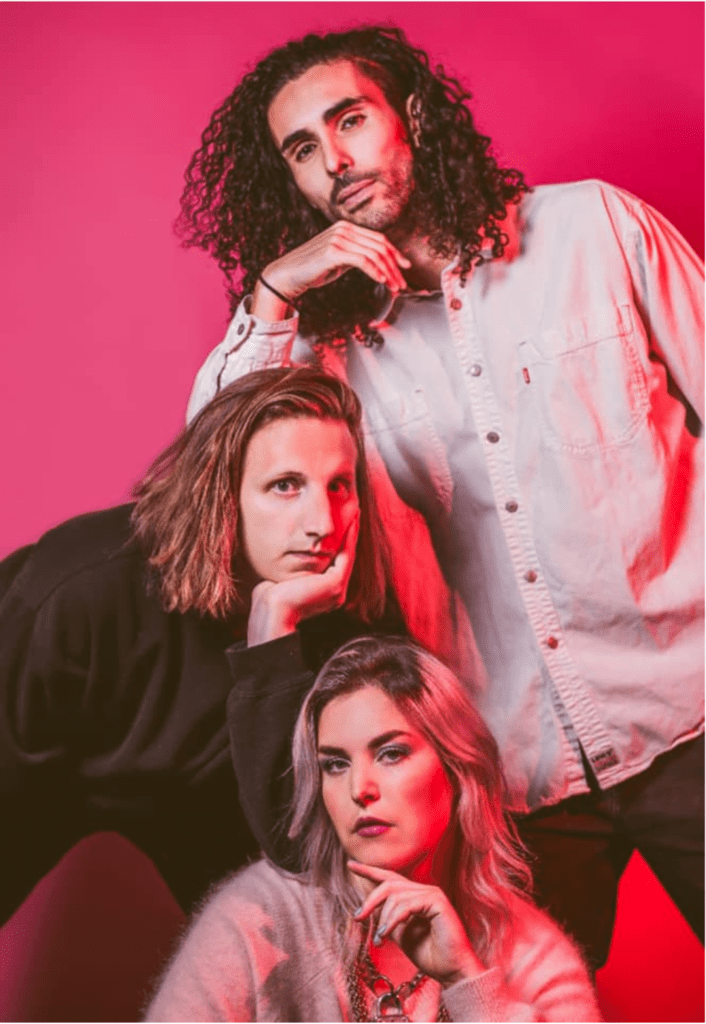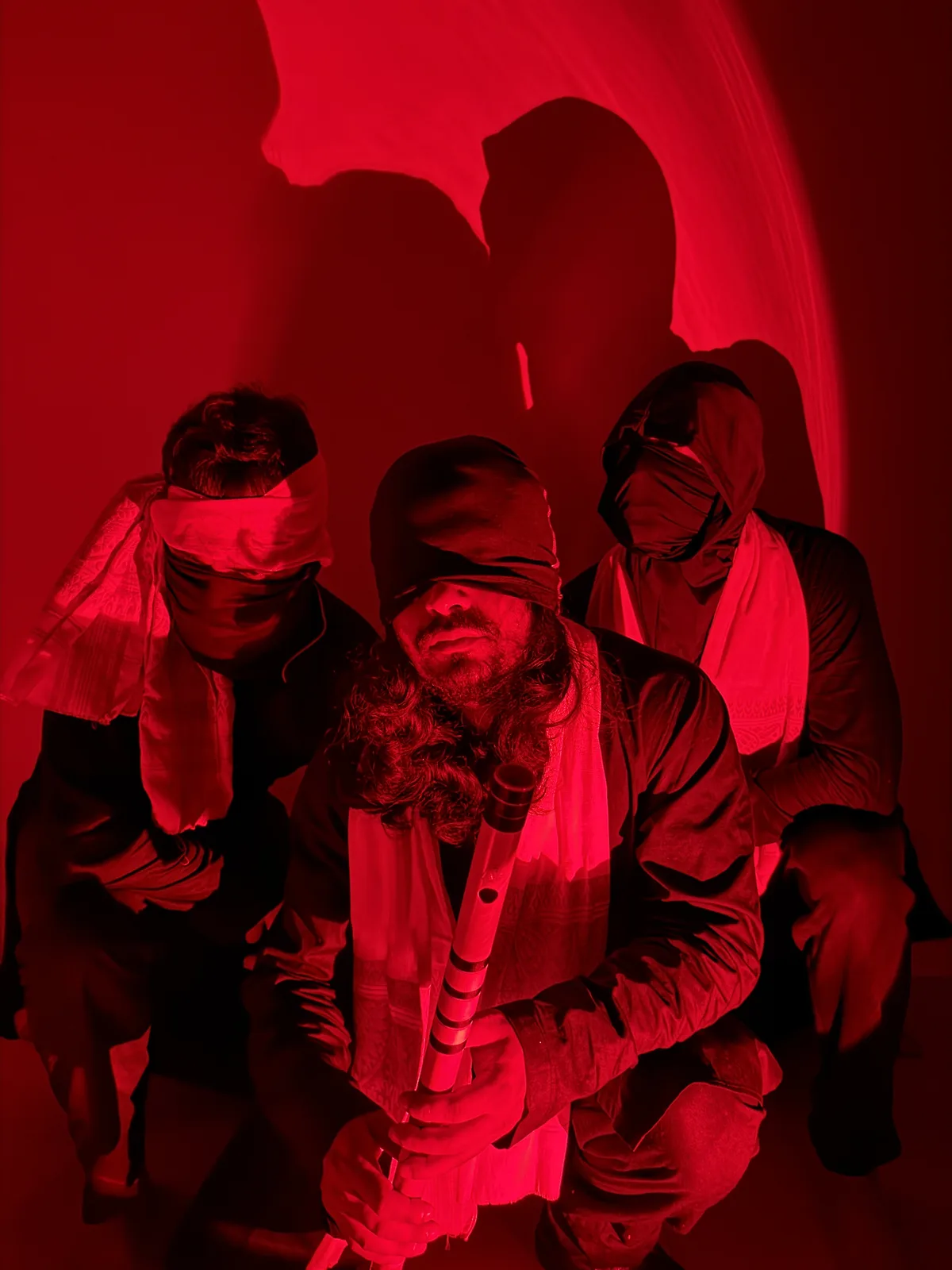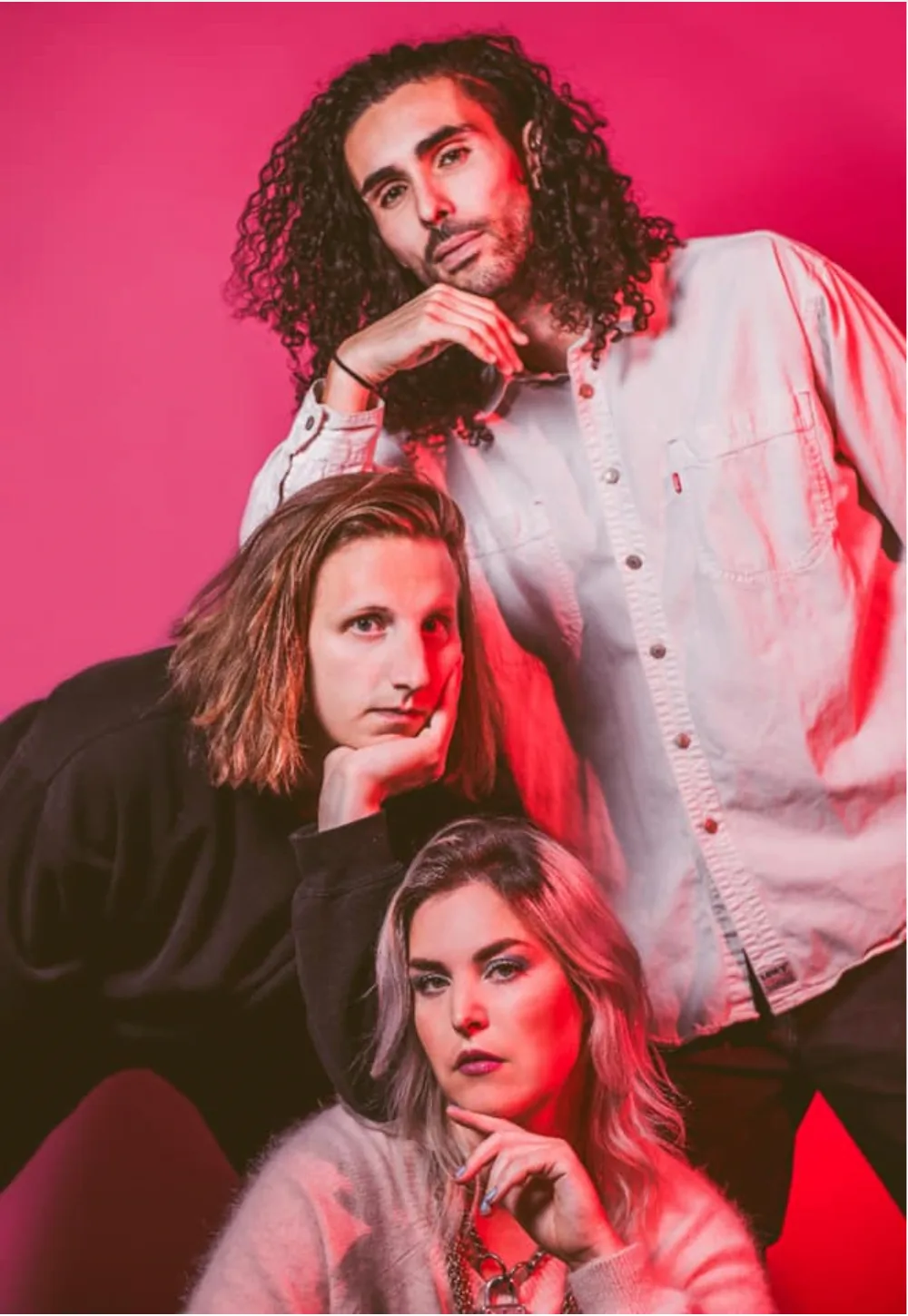
#TIMDxMixtape “Things will start to change when big festivals and promoters start to give equal opportunities to women, otherwise female artists will remain ‘underground’.”
In conversation with Vancouver based electronica trio I M U R who are currently on their India tour.
Swipe for tour dates. Mixtape
Q1. What do you think about India/What have you heard about India?
Ans: So here’s what we’ve heard: Don’t drive in India, don’t eat street food, lots of don’ts, but we’ve been doing it all, and we’ve been enjoying it all. We’re not the type to “travel” and post up at a resort the whole time, we like to explore and engage in the local lifestyle as much as possible. We think India is beautiful and rich in culture, art and music. The people seem curious and incredibly friendly. We’d love to come back and play more shows!
Q2. How has age impacted your music, in terms of physical technicality and maturity in thought process?
Ans: Man that is a tricky question, because as our technical capabilities have progressed, our taste has as well. So even though you’re able to make something better, faster, you are more deeply vested into what actually creates a worthwhile piece of music; and that can get existential real quick. There’s more confidence and more doubt. There was so little thought process around the older I M U R pieces, but people still connected. So getting “better” doesn’t necessarily mean things will get “better”. Our thought process becoming more mature has encouraged us to think more immaturely about music; to remind ourselves that this is work of play.
Q3. Do you think advancement in instrumental technology is leading to better musicianship or lazy musicianship?
Ans: Musicianship is multifaceted, so more of both! As with most technological advancement, it can provide incredible insight and efficiency. It can also be an amazing tool to authentically express oneself without having a strictly instrumental background. The basics of making good music hasn’t changed though, you have to spend time with your tools and time with your song-writing, and if you don’t it will show.
Q4. Is it important to find the perfect instrument for the sound that you are going for or does emotion supersedes that?
Ans: Emotion supersedes, I think that’s why sometimes even just listening to someone acapella can pull all the heart strings, or a guitar or violin solo played in such a way that you can feel exactly what the artist is trying to portray. Emotion is something that all humans can connect to, no matter what form it is being displayed. This is why we enjoy playing stripped down acoustic versions of our songs sometimes, so the audience can really focus on the intent.
Q5. Have you heard Bollywood music? If yes, what do you think of it?
Ans: Although we’re not intimately familiar with Bollywood films and music, the grand sets and choreography are amazing and represent the huge diversity and colorful character of India’s people and history. The beautiful vocal melodies are really what get us.
Q6. Do you think there’s an under-representation of women in the music culture of today?
Ans: Like many other fields, the music industry is absolutely a male-dominated one. Studies from this year show a large increase in the already existing gender gap, especially for behind the scenes aspects like production and songwriting credits, and even more so for women of colour and queer, non-binary and trans musicians. Jenny took part in an event this year called “Sass The Patriarchy” in Vancouver (originating from Australia), where we learned all about the gender gap, watched amazing female artists, and had positive conversations on how to make change. Things will start to change when big festivals and promoters start to give equal opportunities to women, otherwise female artists will remain “underground”. If a strong female figure is seen on stage working in music, it will encourage other women to get involved with music and ultimately help with the imbalance.
Q7. If you could bring one musician/band back to life, who would it be?
Ans: Ray Charles was a crazy inspiration to all of the modern day neo-soul and R&B music; he turned soul and gospel on its head by singing gospel tunes in a bluesy dancey style. People either thought he was a heathen or they couldn’t get enough of it. He taught us you can’t please everyone, and you shouldn’t try to.
Q8. Have you heard any Indian bands/artists? Do you like any of them?
Ans: We haven’t really heard any contemporary Indian music other than Bollywood. Amine has had the rare pleasure of seeing Anoushka Shankar and Zakir Hussein who are amazing classical Indian musicians. Zakir played with Bela Fleck in Vancouver and it blew Amine’s mind.





























